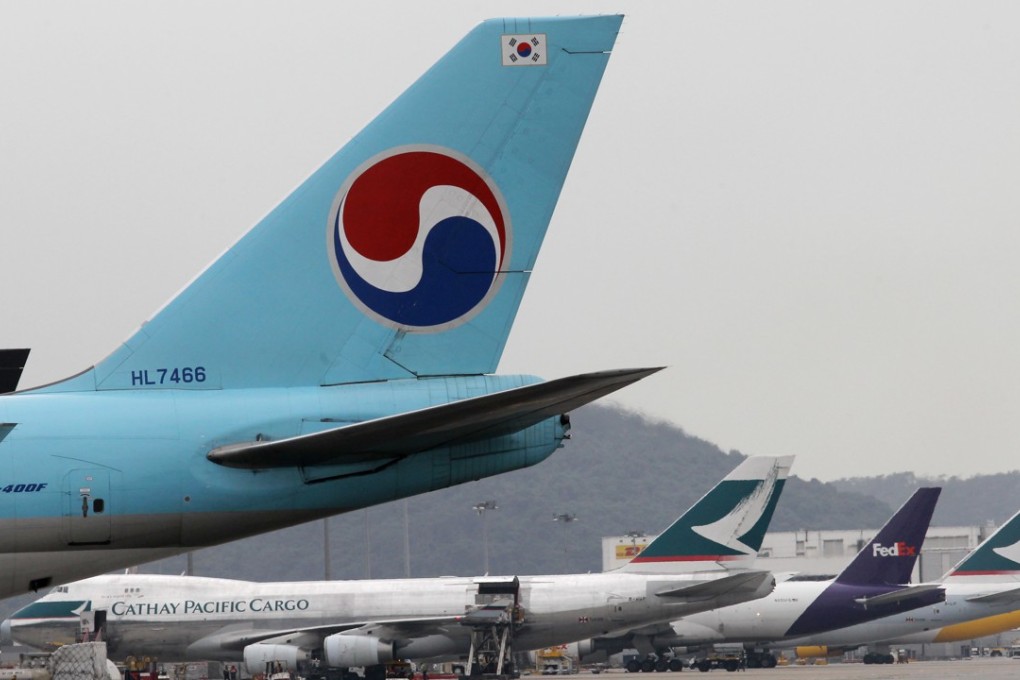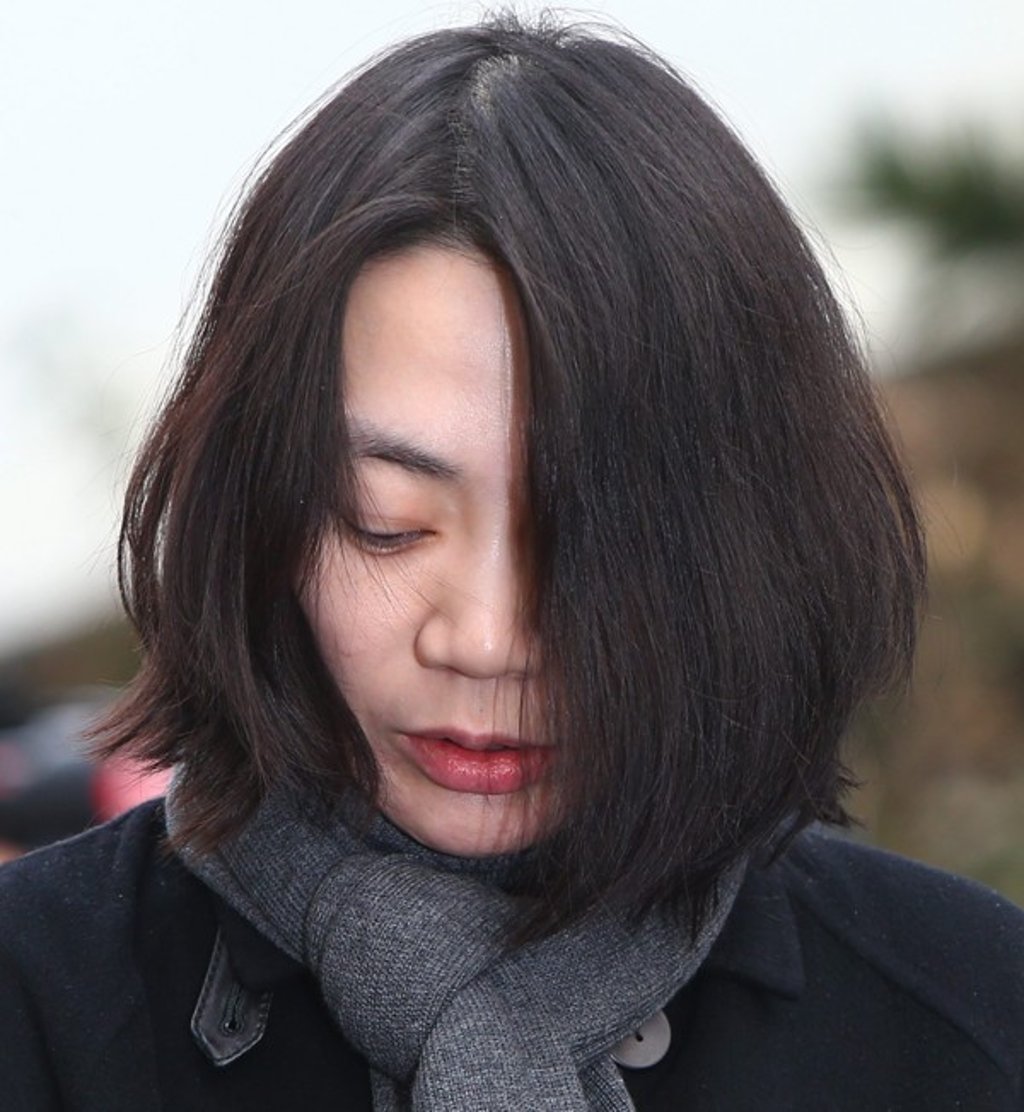How turbulence at Korean Air became a rallying call for equality
A Kakao Talk chat room set up by tax authorities for people to rat on the owners of Korean Air has become a platform against injustice at the core of society

Upon entering the chat room on the instant messaging app Kakao Talk, the first thing users see is a message promising that anyone who provides evidence of illegal acts by a certain airline may remain anonymous and won’t be publicly identified in any way.
The chat room has been set up by the tax office in the South Korean city of Incheon, the location of the country’s main airport, as part of an investigation into allegations of illegal smuggling of duty-free goods by the family that founded Hanjin Group, a conglomerate that began after the second world war that now owns Korean Air, a major airline.
South Korea’s ‘Smart City’ Songdo: not quite smart enough?
But instead of being a den for dime dropping, the chat is a mix of vitriol and despair over South Korea’s inequality, something the current government is working to address, and an interesting glimpse into current public sentiment.
But a review of hundreds of messages sent in the chat room reveals little in the way of evidence. Instead, participants use the space to ridicule the investigative authorities and complain about South Korean officialdom’s inability, or unwillingness, to rein in the excesses of the country’s wealthy elite.
